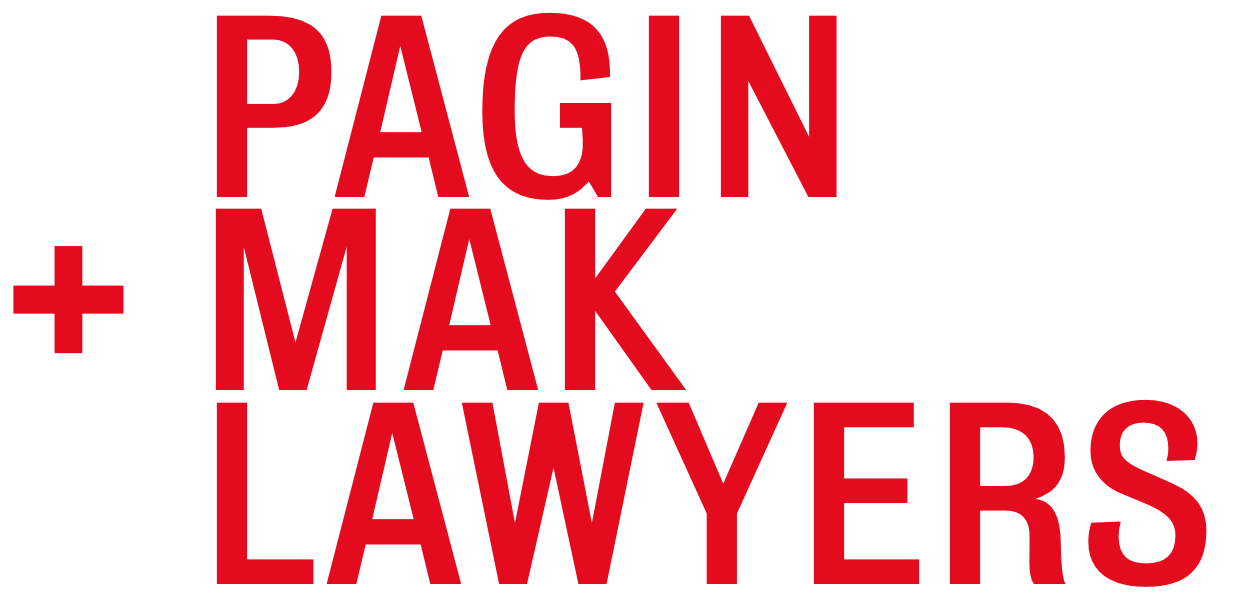AAT & NCAT Lawyers
We are experienced in Administrative Appeal Tribunal (AAT) and NSW Civil & Administrative Tribunal (NCAT) matters. Get into contact with us for a free first consultation.
Administrative law matters, such as those heard within the jurisdictions of the Administrative Appeals Tribunal (AAT) at Commonwealth level or the NSW Civil & Administrative Tribunal (NCAT) at the state level are quite broad and there are many different types of matters which can be heard in the administrative tribunals jurisdictions.
The general principles of administrative law involve the challenging of any decision made by a governmental Minister, a Department under the leadership of a Minister or any other body that exercises part of the executive jurisdiction of the Government.
The types of matters or kinds of governmental and administrative decisions that may arise and can be successfully challenged are many and varied and at times it can be complicated to work out which is the right tribunal or avenue to determine your particular dispute.
Examples of different generic types of matters that fall under this banner are the following types of disputes:
Child support disputes
Disputes regarding decisions made by government departments such as the Department for Education or the Department of Home Affairs
Disputes with registration authorities for various professions including teachers, nurses, medical health professionals etc
Disputes regarding decisions made by Childsafe Commissioners including working with children checks
Disputes with the Australian Defence Force (ADF) or Department of Defence
Challenging decisions made by the Council and State Government authorities such as Fair Trading
Challenging previous decisions made by a Tribunal
The above list is non-exhaustive and but a taste of the various types of administrative disputes possible and there are many more besides. Basically any decision made by a public or governmental organisation or decision-making authority that personally affects you may have grounds upon which it can be challenged.
As with any area that is so broad such as the many types of claims possible against various public decision making authorities it is essential to get sound legal advice from an experienced administrative lawyer who knows which jurisdiction is the right one and which Tribunal may offer the best possible result or remedy for you.
Such reviews in these administrative tribunals are merits reviews and it is important to have proper and specific legal advice on your specific matter prior to asking for a review of your decision. Sometimes when an aggrieved person prepares and lodges their own request for a review they can make the mistakes of providing too much additional information that is unnecessary or at times not enough crucial information and this may have detrimental effects for the outcome of your tribunal or decision-making review. It is important to bear in mind that sometimes self-represented parties can do their own case irreparable damage in this respect and it is always advisable to have sound legal advice about the specifics of your matter as soon as possible.
The timeliness of seeking such advice is crucial because there are often tight deadlines for many acts of review, some as little as 14 or 21 days. Therefore, as soon as you learn of an adverse decision made against you by a governmental or public decision making authority get in touch with us for a free no obligation consultation to discuss the merits of your matter and what we can do to assist. We are more than happy to discuss any questions you may have and explain the process in greater detail.
Disclaimer:
The information above is intended as general information only and should not be relied on. You should discuss your individual situation with a lawyer.
Contact us to discuss your matter
Please fill out the below form and one of our lawyers will be in touch with you as soon as possible.
